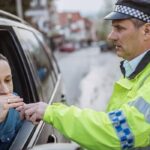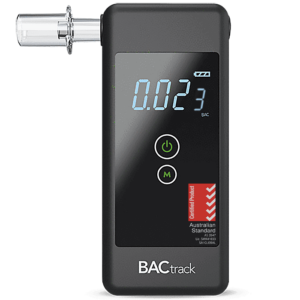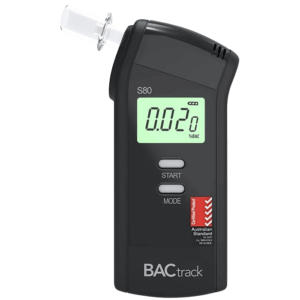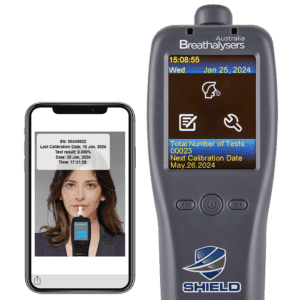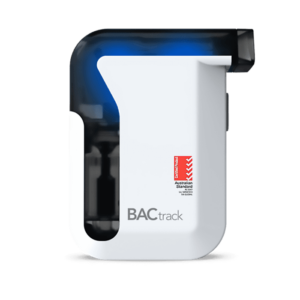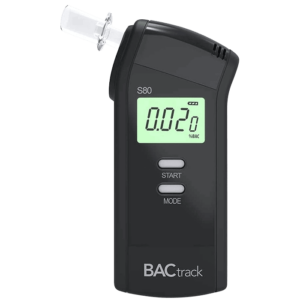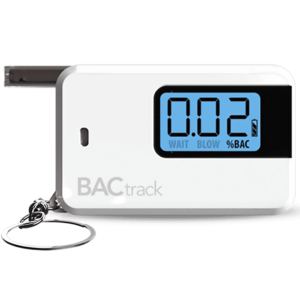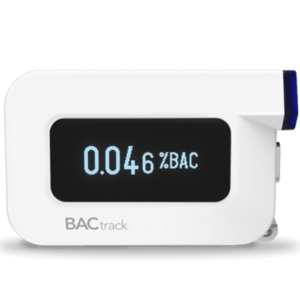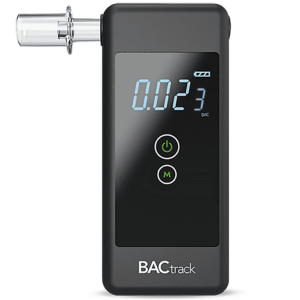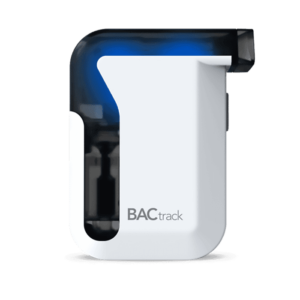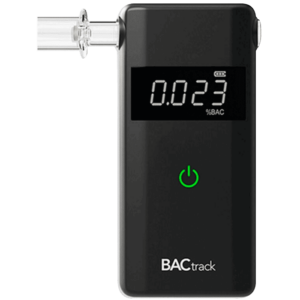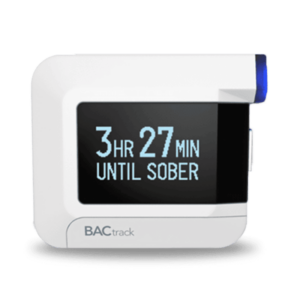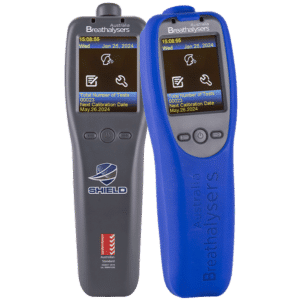The Consequences Drunk Driving
11 August, 2021
Drunk driving is far more than just poor decision-making. It is also considered a criminal offense that frequently leads to unnecessary loss of lives. Any level of alcohol in your system will impair your ability to drive. The effects of alcohol consumption vary significantly, placing you in danger of causing an accident or sustaining an injury on the road. In case you are convicted of driving with alcohol levels in your blood or breath that exceed specific legal limits, you can be deported when you recently obtained a resident visa in less than the last two years. Alcohol might endanger not only you but also others.
High Blood Alcohol Concentration (BAC) has been related to a higher risk of a collision. Statistically, people with alcohol issues, past drunk driving convictions and drivers who don’t even wear seat belts are more likely to engage in alcohol-related fatal collisions. To avoid road fatalities, drivers must consider using a BACtrack breathalyzer to test their breath for alcohol. They function similarly to a typical portable or keychain breathalyzer and can even link to a smartphone. If you like, you may also share your results with relatives and friends via social media. This is an excellent strategy to cut back on your alcohol intake and make you responsible whenever you drink.
Drunk driving laws in New Zealand
The alcohol limit in New Zealand for drivers aged 20 and above is 250 micrograms of alcohol per liter of breath and the blood alcohol limit is 50 mg per 100 ml of blood. The alcohol limit for drivers below the age of 20 is zero. If you drive after having even one drink, you can be convicted for drunk driving. If the quantity of alcohol in your breath or the blood exceeds certain limits, you should not drive at all.
The effects of drunk driving may be life-altering. It makes no difference how much you’ve consumed in regards to been slightly or significantly over the limit as you will still be a convicted drunk driver and a criminal in the eyes of the law. When the authorities want to see if you’re above the drink-drive limit, they’ll perform a breathalyzer test at the scene. If you fail or refrain from taking the test, you will be detained and transported to the police station, where you will be required to produce two additional breath samples into a more advanced breathalyzer. If you fail or keep refusing, you will be accused and this testimony may be used to convict you later. Refusal might potentially result in the forfeiture of your vehicle because refusal to take a blood test is a crime. A driver guilty of a first or second drink-driving offense faces up to three months in jail or a $4,500 fine, as well as a six-month or longer suspension of their driver’s license.
Effects of drunk driving
Driving Under the Influence (DUI) endangers all lives, not only the drivers. Passengers put their faith in all drivers on the road. Bikers, pedestrians, children crossing streets, dogs pursuing a ball and even individuals enjoying the outdoors in the protection of their own property are at risk of being hit by a drunk driver. Approximately every two minutes, a person is harmed in a drunk driving incident. Careless decisions can destroy all of the barriers that keep us safe. A DUI accused’s family may face mental and financial hardship. Some families even end up broken.
Financial and Emotional Impact
When most individuals have consumed a few drinks but insist on driving, they should always consider their family’s future. In the longer term, the emotional harm in a family can be much more destructive than the financial loss. Fines have an instant effect and insurance rates will rise in the long run. Months after a drunk driving offense, job possibilities may be gone. Victims, relatives and the person accused can suffer from the effects of drunk driving for months or years after an accident that only lasted for seconds or minutes. Trauma occurs when a person suffers a sudden physical disability or dies unexpectedly. Even with a solid support structure and professional resources, only a few people are able to cope with severe losses.
Drunk driving is a huge concern all over the country. A single drink impairs your capacity to drive safely; there is no such thing as a “safe” amount. According to the New Zealand Police, it is best not to drink and drive at all. It is recommended not to drive if you are planning to drink. Call a cab, a bus or arrange for someone who hasn’t been consuming alcohol to drive you home.
Related Articles:

















